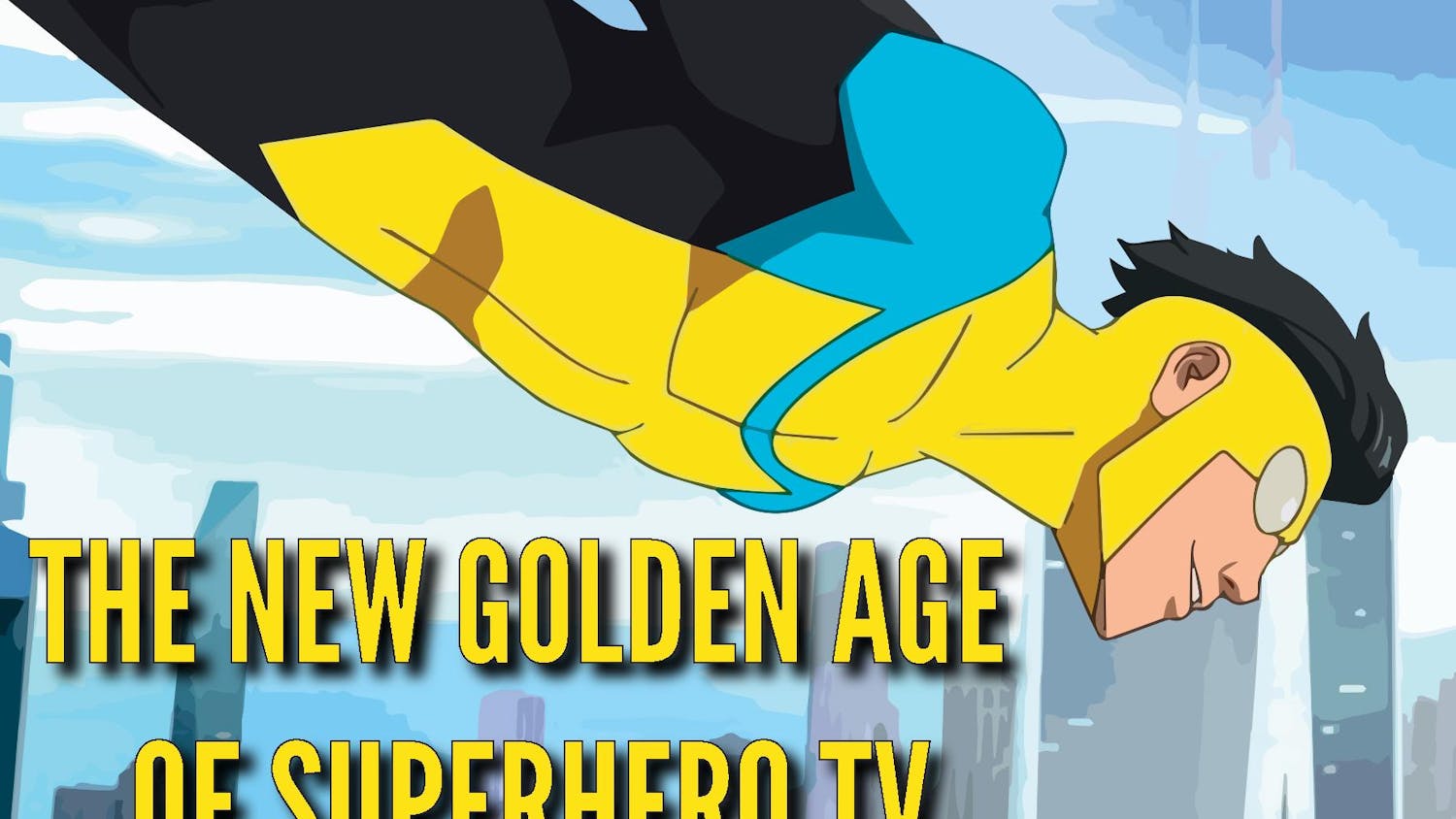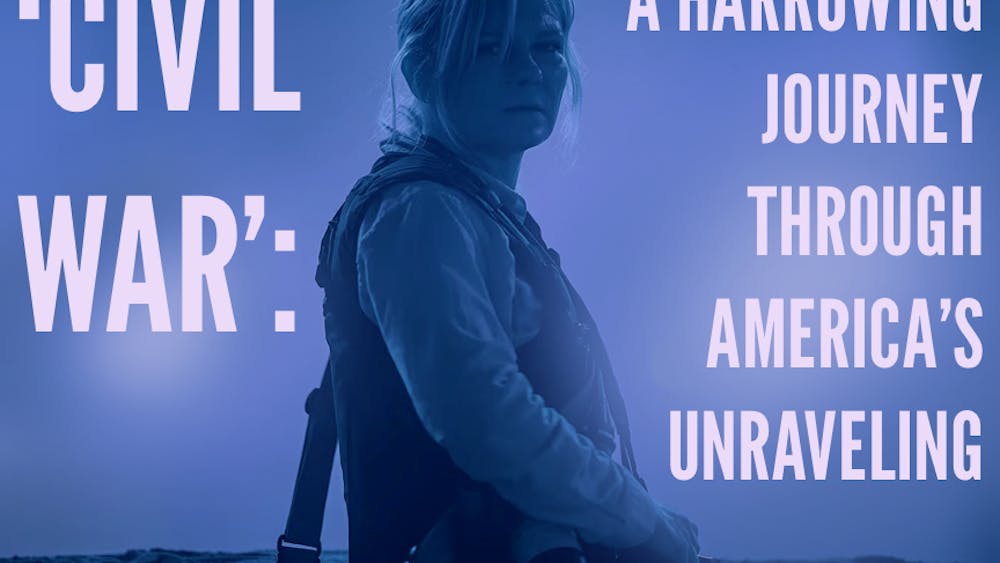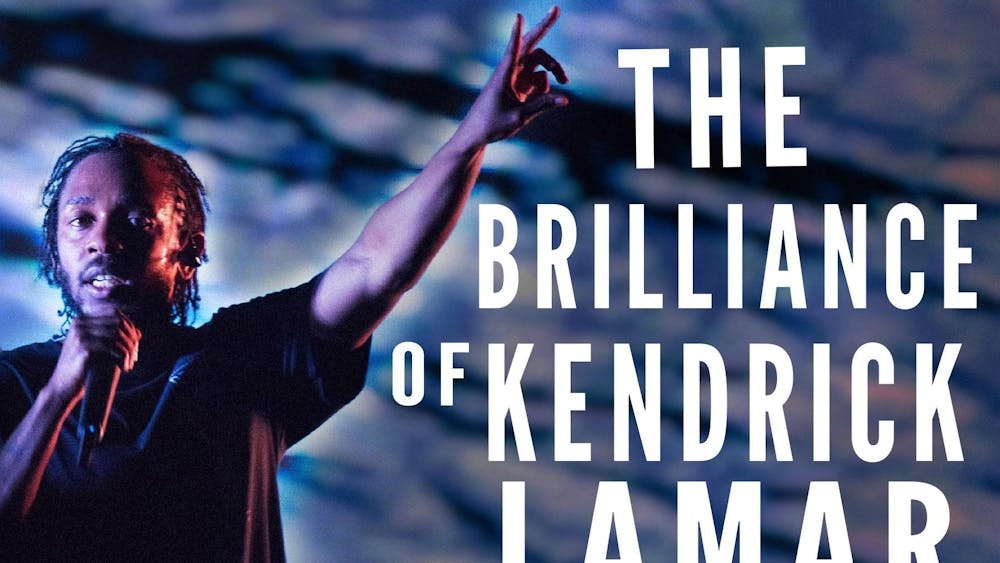
I’d like you to take a moment and count up all the hours you spent on Netflix, Hulu, HBO Go or any other video streaming site. My count, probably underestimated, is around 500 hours. Five hundred wondrous hours where I escaped from reality and found myself worrying about the troubles of individuals I will never see again once the episode, season or show ends. But all that’s over. There’s no more Netflix. You’re free. Live your own life.
Ladies and gentlemen, the truth is the Internet died on Jan. 14, 2014. With the ruling of a district court on Verizon v. Federal Communications Commission (FCC), the days in which we thrived with net neutrality are over, putting an end to online equality. Based on this historic decision, Verizon, Comcast, AT&T and all the other Internet Service Providers (ISPs) can now dole out preferential treatment to the websites they choose.
Let’s get down into the nitty-gritty on this. Before this decision, the exchange for a website looked like this: The consumer pays the ISP for their connection, the ISP connects you to the website you want and anyone can make a website and host information.
However, the ISPs realized they had made a mistake with this agreement, as they only levied a one-way toll.
Greedy CEOs brought up the idea, “Well, why don’t we make the websites pay for the bandwidth they require? They’re using the Internet even more than the consumers are!”
With the decision from last week, the fatcats got their wish. Part of the verdict negated two previous rules on Internet neutrality. First, wired and mobile connections may not block lawful content or services. Second, fixed line providers may not “unreasonably discriminate in transmitting lawful network traffic.”
Essentially, Verizon, AT&T and Comcast now get to be the online mob, collecting “protection” kickbacks so that websites, especially kingpins like Google, Amazon, Facebook and Netflix, still get speedy connections.
Then, if a payment is missed, suddenly posting a status, loading a movie or doing some online research takes entire seconds to load. Consumers, as in you and I, get the worst deal, and we begin to migrate to new sites that pay their dues.
Then, there’s also the question of to whom the extra dues will bounce back. Corporations hate losing money, so the consumers are going to be footing the bills. That means if you want a website with more bandwidth, you’ll have to pay more for it. If the ISPs follow through with their agenda, soon we’ll have the Internet of the rich, where you can watch movies and download files, and the Internet of the poor, where you can read articles on static websites.
Now, the battle was lost, but the war still struggles on. I provided you with a white lie to grab your attention, and the truth is the Internet isn’t dead yet.
In fact, this past week, Wired declared war. Down with the FCC, Wired says, down with ISPs. The soldiers, the consumers, need to make their wishes heard. The Internet should be an equal place. It’s a place of the people, where anyone can be heard, and fame arises from true talent and ingenuity rather than wealth and class.
All those hours of Netflix, of watching funny cats and grueling through last-minute research papers have prepared us for this. The very item that will be taken away gave us the power to take it back. Our own need for entertainment will turn the tide.
On Jan. 18, 2012 we had the great Internet blackout. On Jan. 11, 2013, Reddit co-founder and Internet activist Aaron Swartz committed suicide after months of federal accusations that tried to make him out to be the greatest scapegoat of the corporate agenda against a free Internet.
Now, a year later it’s our turn. We can’t let the past efforts and wins go unrecognized. We must make 2014 the year the people took back the Internet for what it was meant to be, an icon of equality.













